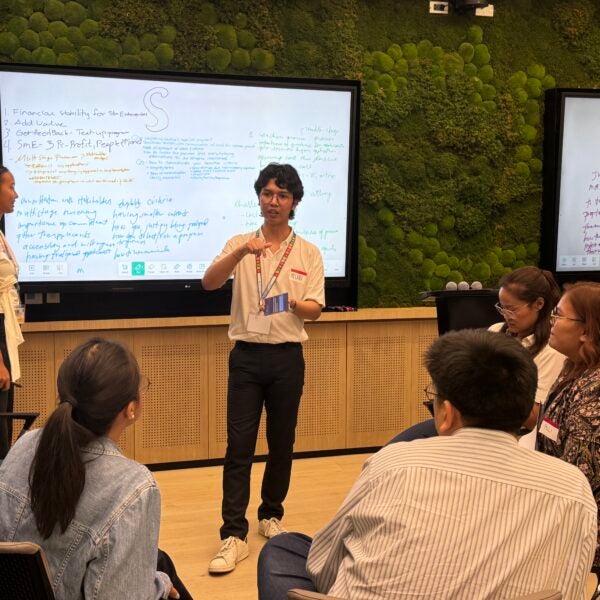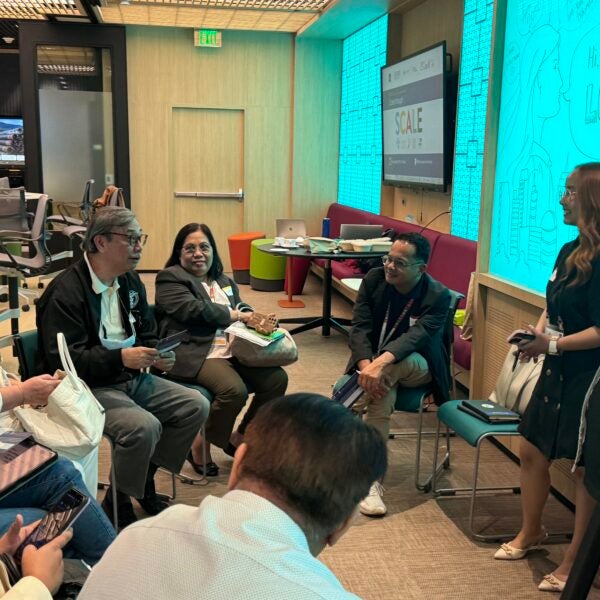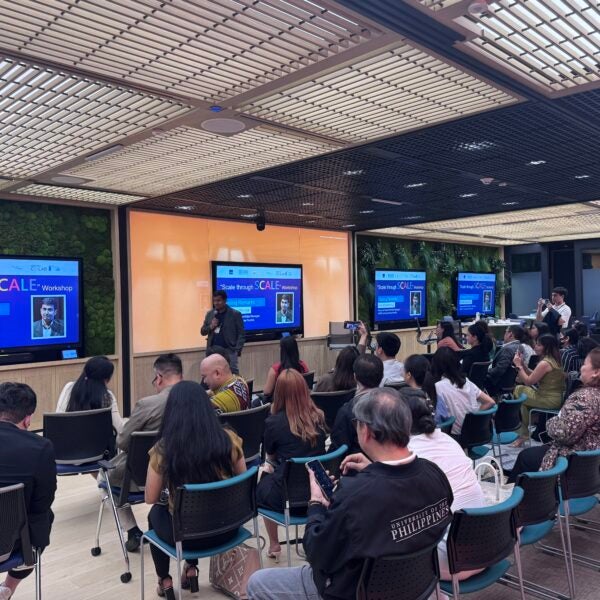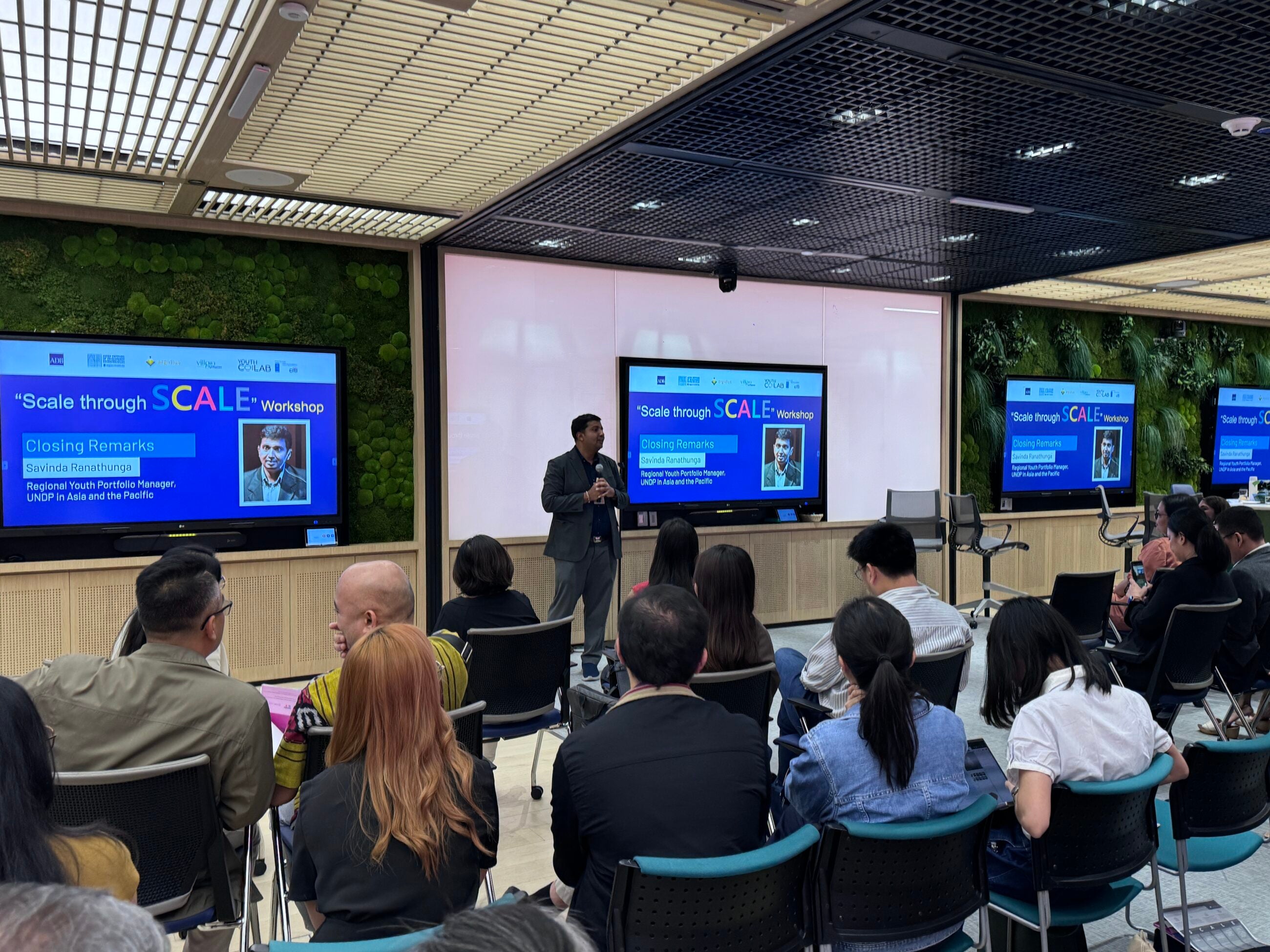
SCALE 360 is being offered across ANDE Chapters worldwide, with the Philippines cohort now accepting applications. Don’t miss this opportunity to be part of a transformative initiative that is shaping the future of BDS.
Unlock the Full Potential of Your Business Development Services with SCALE 360
The Aspen Network of Development Entrepreneurs (ANDE) is launching SCALE 360, a new global initiative aimed at strengthening Business Development Service (BDS) providers, including accelerators, incubators, and other entrepreneurial support organizations.
Drawing on insights from the Global Accelerator Learning Initiative (GALI) and the latest academic research, SCALE 360 applies the SCALE framework—Select, Charging, Address, Learning, Lead by Example—to equip BDS providers with evidence-based strategies that drive real impact.
This program brings together carefully selected cohorts of participants for an immersive learning journey, providing hands-on guidance on implementing best practices in BDS programming. Developed in collaboration with local ANDE members and partners, SCALE 360 delivers practical, actionable tools to unlock the growth potential of small and growing businesses (SGBs).
- 12 September 2025: Kick off
- 16 September 2025: S – Select the right enterprises
- 24 September 2025: C – Charging enterprises improves performance
- 16 October 2025: A – Address problems
- 21 October 2025: L – Learn by evaluating enterprise performance
- 7 November 2025: E – Lead by Example
- 17 November 2025: Wrap up
- Kicking Off SCALE 360 Philippines Cohort, 12 September 2025
- Selecting the Right Enterprise, 16 September 2025
- Charging Improves Performance, 24 September 2025
- Addressing Problems, 16 October 2025
- Learning by Evaluating Performance, 21 October 2025
- Leading by Examples, 7 November 2025
- Wrap Up Session, 17 November 2025
Today marked an exciting beginning for the SCALE 360 Philippines cohort, as we officially kicked off the program with 15 participants representing 11 organizations from across the country. The group is a diverse mix of private accelerators and incubators alongside university-led programs, particularly technology business incubators (TBIs)—a combination that promises rich exchange and collaboration.
The opening session was designed to bring everyone together for the first time, break the ice, and create a safe space where participants can openly share and learn from one another. This reflects one of the core findings of the SCALE framework—trust building. While the framework was originally developed with entrepreneur cohorts in mind, we see the same principle as highly relevant here. By applying it to a cohort of BDS providers, we aim to ensure that they too can benefit from a trust-based environment where peer-to-peer learning and problem-solving flourish. With peer-to-peer learning front and center in the SCALE 360 program design, today’s session laid the foundation for the rich exchange that will unfold over the next two months.
Building Connections Through Shared Experiences
We kicked off with “Pitch Me If You Can”, a playful way for participants to introduce themselves and the BDS programs they run in the Philippines. This was followed by “Fail Fair,” an activity that encouraged participants to share past failures and what they learned from them. Many “stepped into the circle,” showing just how many had faced similar challenges before. The exercise reminded everyone that failure is not only common but also an important part of growth—and that none of us are alone in the experience.
To keep the energy high, we wrapped up with a SCALE refresher trivia game, setting the stage for the deeper learning modules to come.
Setting the North Star
Joy presented an overview of the SCALE 360 program, highlighting what participants can expect—and what is expected of them—to get the most out of the journey. We also revisited the benchmarking results from the diagnostic tool completed earlier. These results provided insights into where the cohort is collectively strong and where there is room for improvement.Each organization then reviewed its individual results and identified three realistic goals to pursue during and beyond the program. These goals will serve as their north star, guiding progress and ensuring that learning translates into tangible impact.
Looking Ahead
With trust already beginning to take root, we are excited for the next two months of shared learning, coaching, and collaboration. SCALE 360 is not just about new knowledge—it’s about transformation. We can’t wait to see how this journey helps each organization take their program to the next level.
A big thank you to Villgro Philippines for co-hosting this session with us—we are grateful for your partnership in making the kickoff a success.
The SCALE 360 Philippines cohort recently explored best practices for selecting enterprises, guided by three seasoned coaches: Deepak Menon (Village Capital), Ralph Mpofu (Impact Hub Kuala Lumpur), and Priya Thachadi (Villgro Philippines).
Deepak Menon shared Village Capital’s structured selection approach, highlighting the importance of aligning with an entrepreneur’s goals, current stage, and investment readiness. He introduced the Viral Pathway benchmarking tool and the follow-up Briefing Book, which evaluates entrepreneurs across eight categories—such as team, problem and vision, product, market, and business model. These tools help tailor support, set milestones, and drive a peer-to-peer due diligence process during programs.
Ralph Mpofu presented Impact Hub Kuala Lumpur’s multi-stage selection process, starting with the Venture Diagnostics toolkit. This assessment examines the impact model, business model, digitalization, and team before moving into interviews and iterative feedback loops. Ralph underscored their principle of prioritizing quality over quantity: engaging deeply with five entrepreneurs yields far greater impact than working superficially with a hundred. Their model emphasizes customized learning journeys aligned with entrepreneurs’ unique needs.
Priya Thachadi closed the session by sharing Villgro Philippines’ approach, which emphasizes rigorous due diligence calls and decision-making by a diverse, independent selection panel. She highlighted the importance of strategic partnerships to extend reach, the development of tools to assess entrepreneurs’ coachability, and the ongoing need for continuous pipeline building. Importantly, Priya stressed that deliberation and dialogue often outweigh score sheets when making final selection decisions.
Following the presentations, participants broke into small groups to reflect on their own enterprise selection practices. They exchanged good practices—such as leveraging referrals, roadshows, competitions, cohort segmentation, and structured due diligence—and discussed ongoing challenges, including balancing partner expectations with program capacity and the difficulty of gauging coachability. AI’s role in streamlining workflows also surfaced as a promising area of experimentation.
The cohort will now carry today’s insights into their module assignment, using them to reflect on key learnings and identify areas in their own programs or organizations they’d like to strengthen or adapt.
The SCALE 360 Philippines cohort dug into one of the trickiest but most critical topics for Business Development Services (BDS) providers: charging models and how they can improve performance. Three seasoned coaches Cecile Ney (Bpeace), Jonathan Davy (Ecoxyztem Venture Builder), and Alwyn Rosel (QBO Innovation) shared practical lessons from their own journeys.
From Free to Fee: Bpeace’s Experience
Cecile Ney reflected on Bpeace’s shift in Central America from a free, 18-month program to shorter, fee-based offerings. The results were striking: a revenue-based tier doubled job creation outcomes and delivered a tenfold higher return on investment. While applications declined in number, the quality of applicants rose significantly. Participants also began to see themselves as clients rather than beneficiaries, often stating that the value they received far exceeded the cost. Cecile emphasized that credibility and a proven track record of enterprise growth were critical in successfully introducing fees.
Ecoxyztem’s Three-Tier Model
Jonathan Davy shared how Ecoxyztem structures its accelerator in Indonesia’s climate tech ecosystem. Their model includes a sponsorship tier, where grant funding covers a no-cost accelerator; a venture building tier, where they take “sweat equity” in promising startups; and a success-based tier, where customized services such as investment matching come with a fee.
Jonathan emphasized that charging is not only a revenue mechanism but also an alignment tool to achieve intended outcomes. It provides skin in the game, ensuring founders remain committed to the program. It also acts as a quality filter, attracting serious, execution-focused entrepreneurs, while serving as a form of value recognition that establishes mutual respect and partnership dynamics between program providers and startups.
He underscored that the effectiveness of any charging model depends on tailoring strategies to context, maintaining high-quality founder selection, diversifying revenue streams, and building a strong track record to ensure sustainability.
QBO’s “Carrot” Approach
Alwyn Rosel introduced a very different model. Instead of upfront fees, QBO offers startups the possibility of investment at the end of their flagship accelerator—a method Alwyn calls “charging with a carrot.” This incentive motivates startups to fully engage in the program, knowing their commitment could lead to direct investment. Alwyn highlighted three essentials: transparency, strong partnerships, and a rigorous selection process that ensures only high-potential startups enter the program.
The breakout discussions that followed revealed a shared understanding that charging is not simply about revenue generation but about strengthening entrepreneur commitment. Participants reflected on how context shapes the choice of charging model, emphasizing that what works in one ecosystem may not translate directly to another. They noted that charging can serve as a behavioral tool, helping counter the low engagement often seen in free programs, while also pointing out the role of non-financial incentives such as opportunities to connect with investors and partners, and visibility at pitch events. Overall, the conversation reinforced the idea that well-designed charging models can enhance commitment, deepen impact, and improve program sustainability.
The SCALE 360 Philippines cohort dove into the “A – Addressing Problems” module with powerful insights from three experienced business development service providers: Saba Kalsoom of Invest2Innovate (i2i), Ajay Menon of TechnoServe, and Angeli Recella of MakeSense.
Saba kicked off the session by sharing the i2i Scale Program, a diagnostic-based framework designed to bridge the gap between startup training and real growth. The program assesses founders across three dimensions — growth, fundraising, and scale — and tailors support accordingly. She underscored the importance of identifying the real problem before prescribing solutions, citing an example where reframing a challenge from credit access to market access led to long-term sustainability. While acknowledging that diagnostics can sometimes point in the wrong direction, she emphasized the need for continuous feedback loops to stay agile and pivot when needed.
Ajay then introduced TechnoServe’s Greenr Sustainability Accelerator Program in India, which aims to support green startups in boosting revenue and generating more jobs, reducing carbon emissions, and enhancing business capabilities. Their diagnostic tool — the Business Acceleration Plan (BAP) — evaluates startups across areas like revenue, business models, and market strategy. The BAP helps unlock value, identify acceleration levers, and assess business model. Ajay also highlighted the importance of building trust with founders through both in-person and virtual engagement.
Angeli shared insights from MakeSense Academy’s incubation model, designed specifically for early-stage social enterprises. Beyond financial support, their cornerstone operational coaching helps founders track and reflect on Objectives and Key Results (OKRs) — defined by the entrepreneurs themselves, not imposed externally. She stressed that coaching isn’t just for accountability — it’s also a space for problem-solving and celebrating wins. Additionally, she emphasized cohort trust-building and nurturing an entrepreneurial mindset within the incubator team itself.
During the breakout discussions, the cohort explored how to balance program structure, encourage peer learning, and increase entrepreneur engagement. Participants suggested that peer learning sessions work best when groups are intentionally mixed across different sectors or when guided frameworks are used — even allowing competitors to learn from one another. By shifting the focus from comparison to shared discovery, participants can draw richer insights from diverse perspectives and growth stages. The discussion underscored the value of cultivating a collaborative, trust-based environment reinforced by continuous feedback loops that promote honesty, adaptability, and mutual success.
The SCALE 360 Philippines cohort took a deep dive into the “L – Learning by Evaluating Performance” principle, guided by three experienced coaches: Mallory St. Claire from ANDE, Sneh Bhardwaj from Upaya Social Ventures, and Hilda Carreon and Ralph Ebora from New Energy Nexus Philippines.
Mallory opened the session by underscoring the importance of strong monitoring and evaluation (M&E) systems for entrepreneur support organizations. She emphasized that data collection should be relevant, useful, and non-extractive. Highlighting three core metrics—changes in revenue, number of full-time employees, and new investments (both level and type)—Mallory encouraged participants to set clear expectations with entrepreneurs from the outset. She also recommended integrating data collection into accelerator program design, taking a utilization-focused approach, and leveraging existing metrics frameworks. To strengthen gender and inclusion efforts, she urged collecting nuanced demographic data and implementing measurement gradually rather than all at once.
Sneh then shared how Upaya Social Ventures embeds impact measurement into its investment philosophy. She explained how using global standards not only demonstrates tangible outcomes to donors but also builds credibility and trust among stakeholders. From the start, Upaya ensures impact measurement has a structured budget and clear communication with entrepreneurs. Through practical examples, Sneh showed how good data can help ventures scale, attract investors, and deepen their impact. As she put it, “Data is not an add-on—it’s the foundation that makes innovation possible.”
Representing New Energy Nexus Philippines, Hilda and Ralph showcased their Monitoring, Evaluation, and Learning (MEL) framework, which supports clean energy entrepreneurs across incubation, acceleration, rooftop solar, and energy efficiency programs. They described key performance metrics used in each program and introduced the Program Data Collection Plan, a tool designed to streamline MEL activities and strengthen internal coordination.
Ralph also reflected on how data-driven insights have shaped their program evolution—from a one-size-fits-all incubation model to more tailored incubation and acceleration tracks based on startup maturity. These refinements, he explained, improved program relevance and outcomes. His key takeaway: small, consistent data points often yield more value than overly complex frameworks.
In breakout discussions, participants exchanged experiences and challenges around MEL—balancing data quantity with limited resources, mitigating data fatigue, and ensuring data privacy. They also identified good practices, such as crafting effective questions, using appropriate data tools, and embedding feedback loops into the program cycle to foster ongoing learning and improvement.
On 7 November 2025, the SCALE 360 Philippines cohort explored the principle of “E – Leading by Example” with three expert coaches: Tom Sebastian of Seedstars, Srinivas Ramanujam of Villgro, and Jay Fajardo of Launchgarage. The session delved into practical strategies for improving the internal management of Business Development Service (BDS) programs—covering areas such as strategy, governance, team management, and financial sustainability.
Drawing from his experience as both an entrepreneur and ecosystem builder, Tom Sebastian reflected on the common challenges and pitfalls faced by entrepreneurship support programs in emerging markets. He emphasized the importance of evidence-based learning and a clear strategic focus, urging organizations to involve entrepreneurs in program design and tailor interventions to the local ecosystem’s maturity. Tom also stressed the need for honesty about program ambitions—whether to reach many entrepreneurs modestly or deeply transform a select few—and to adapt models thoughtfully rather than replicate those from developed contexts.
On the topic of financial sustainability, Tom encouraged Entrepreneur Support Organizations (ESOs) to diversify income sources beyond grants and to invest intentionally in organizational excellence—suggesting that at least 15% of budgets go toward team development. He proposed aiming for five funding sources, with a balanced mix such as 40% grants, 30% earned revenue, 20% partnerships, and 10% alumni contributions.
Srinivas Ramanujam shared Villgro’s journey over 25 years in India, illustrating how the organization evolved alongside a maturing social enterprise ecosystem. Villgro has refined its focus around climate, agriculture, healthcare, and inclusion, while developing repeatable models for SGB transformation and building platform partnerships. He spoke candidly about the ongoing challenge of achieving financial sustainability as a nonprofit and the organization’s efforts to build a reserve fund for long-term resilience, even within the limitations of its structure.
From the Philippines perspective, Jay Fajardo recounted Launchgarage’s transition from a purely for-profit accelerator to a sustainable hybrid model leveraging government partnerships and consulting services. He outlined Launchgarage’s three key revenue streams: the Garage Advisory program, consulting for government agencies, and market landing programs for international startups. Over time, Jay discovered that collaborating with government has been their “sweet spot,” advising fellow ESOs to maintain visibility, nurture communities, and build long-term relationships to strengthen credibility and attract support.
In the breakout sessions, participants engaged in small-group discussions on governance, financial models, and talent retention—sharing strategies for balancing growth and stability, refining governance systems, and fostering a strong organizational culture.
With this final module completed, the Philippines cohort has now wrapped up all five components of the SCALE 360 program. The next step: to put these lessons into action and drive meaningful change across their BDS programs and the wider entrepreneurship ecosystem.
On 17 November 2025, we have just wrapped up the SCALE 360 Philippines program, marking a meaningful milestone for ANDE and the incredible organizations that joined us on this journey. Over the last two months, the cohort members engaged in an intensive learning process aimed at strengthening their business development support (BDS) programs for entrepreneurs. During today’s closing session, it felt like all of that work and reflection came together.
To start the day, we invited participants to share a single word that captured how they experienced SCALE 360. Words like eye-opening, informed, improvement, enlightened, and reflective quickly emerged. These simple responses said a lot about what the program meant to them, and how it has shaped the way they think about their work with entrepreneurs.
We then asked participants to visually depict their SCALE 360 journey through personal drawings. As they shared, several common threads appeared: feeling more confident to test new ideas; realizing that others in the cohort are facing similar obstacles and that they are not alone; recognizing how much they have learned and how ready they are to put it into practice; noticing how their knowledge has grown from the start of the program to now; and acknowledging that effective support isn’t about copying a model, but adapting and refining it for the local context.
Another powerful moment in the session was revisiting the goals that each organization had set at the beginning of the program. With updated action plans and clear, realistic timelines, we saw real forward movement. Some of the plans include:
- Selecting founders who more closely align with their program’s strategy
- Experimenting with new charging structures
- Developing case studies to better communicate the value of their programs to both entrepreneurs and funders
- Investing more intentionally in their teams
- Crafting or sharpening their strategic plans
- Reviewing impact data and improve how they track and use metrics
- Leveraging data more effectively for decision-making—for both program teams and entrepreneurs
Many of these ideas are more than just beautiful plans—some are already being piloted or will be rolled out with upcoming cohorts.
Our commitment to this community doesn’t end with the closing session. Early next year, we’ll be checking in with participants to see how implementation is progressing and exploring how we can continue to support them as they turn plans into reality.
We are also delighted to welcome all participants into the SCALE 360 global alumni community. They now join a wider network of peers around the world who are also working to enhance their BDS programs and better serve entrepreneurs in their own contexts. We are excited about the possibilities for ongoing learning, collaboration, and shared growth.
ANDE is also deeply grateful to Villgro Philippines for their generous on-the-ground support, which helped make the SCALE 360 Philippines journey smoother and more meaningful for everyone involved.

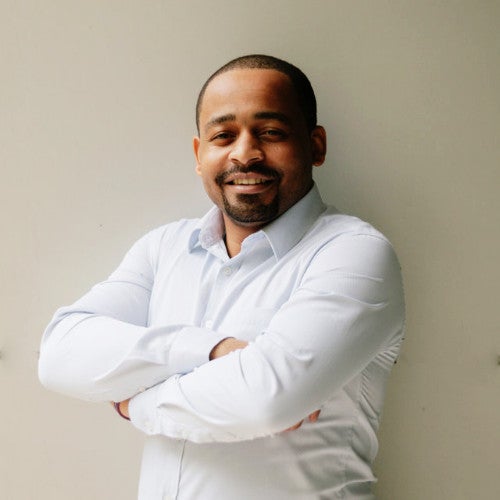

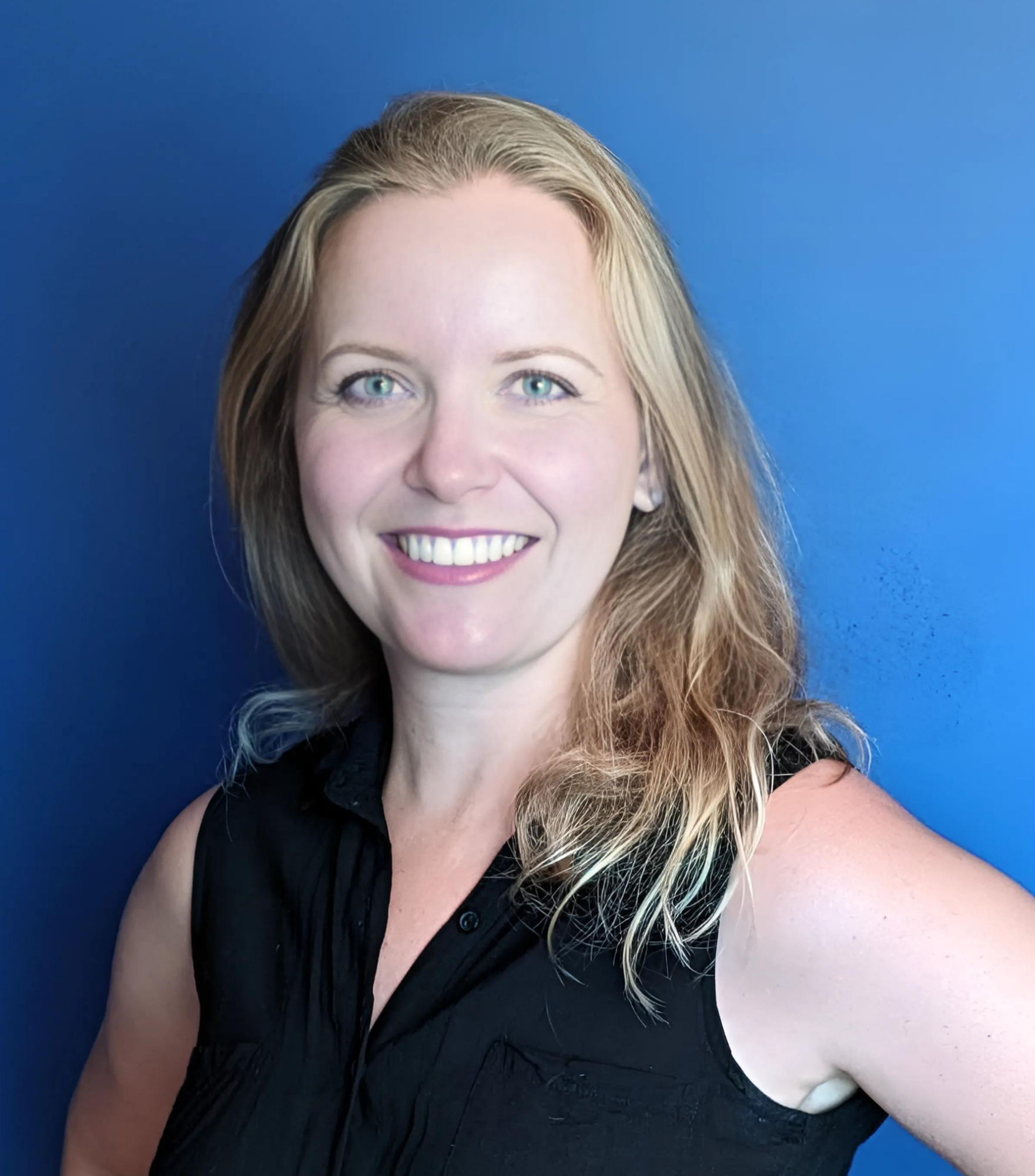
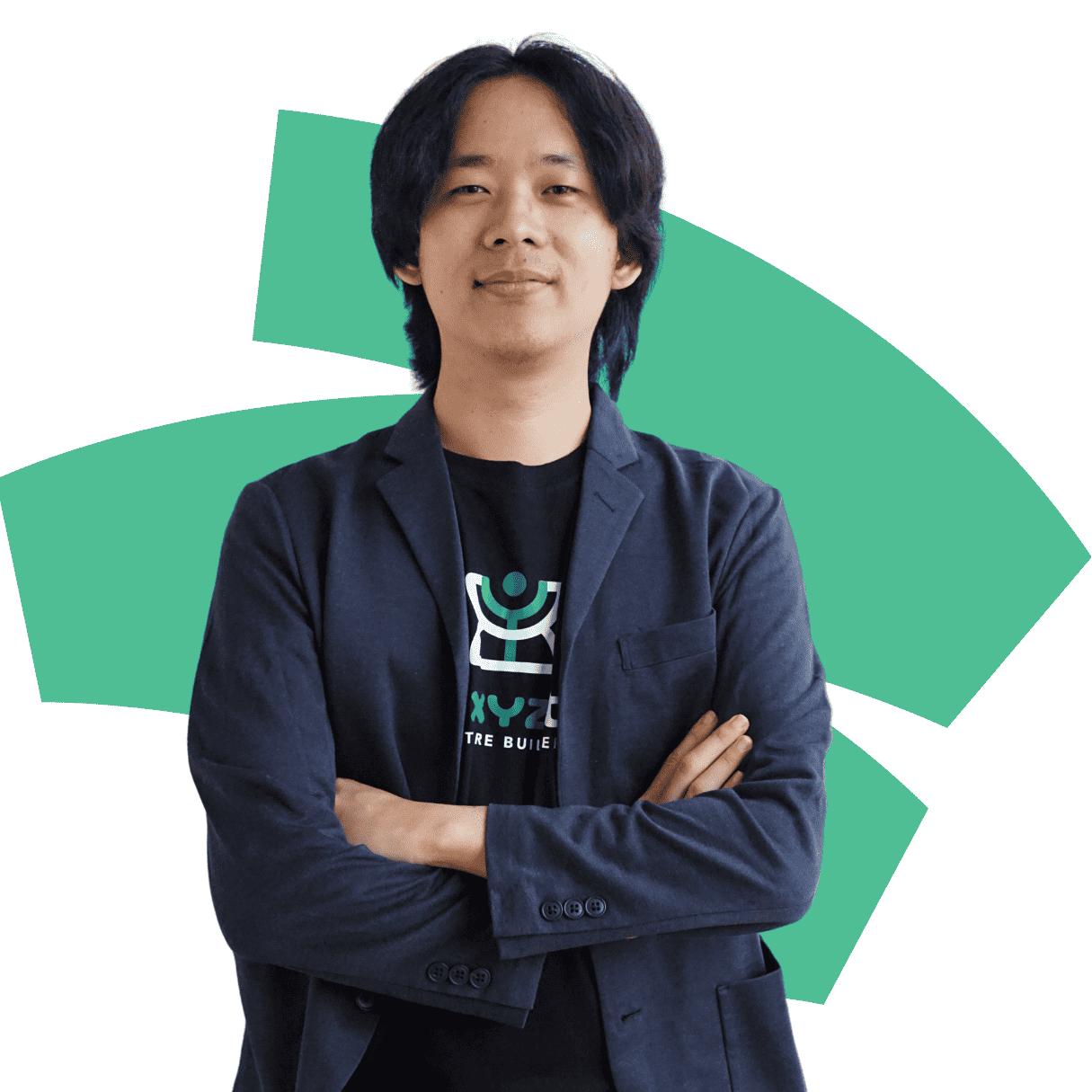
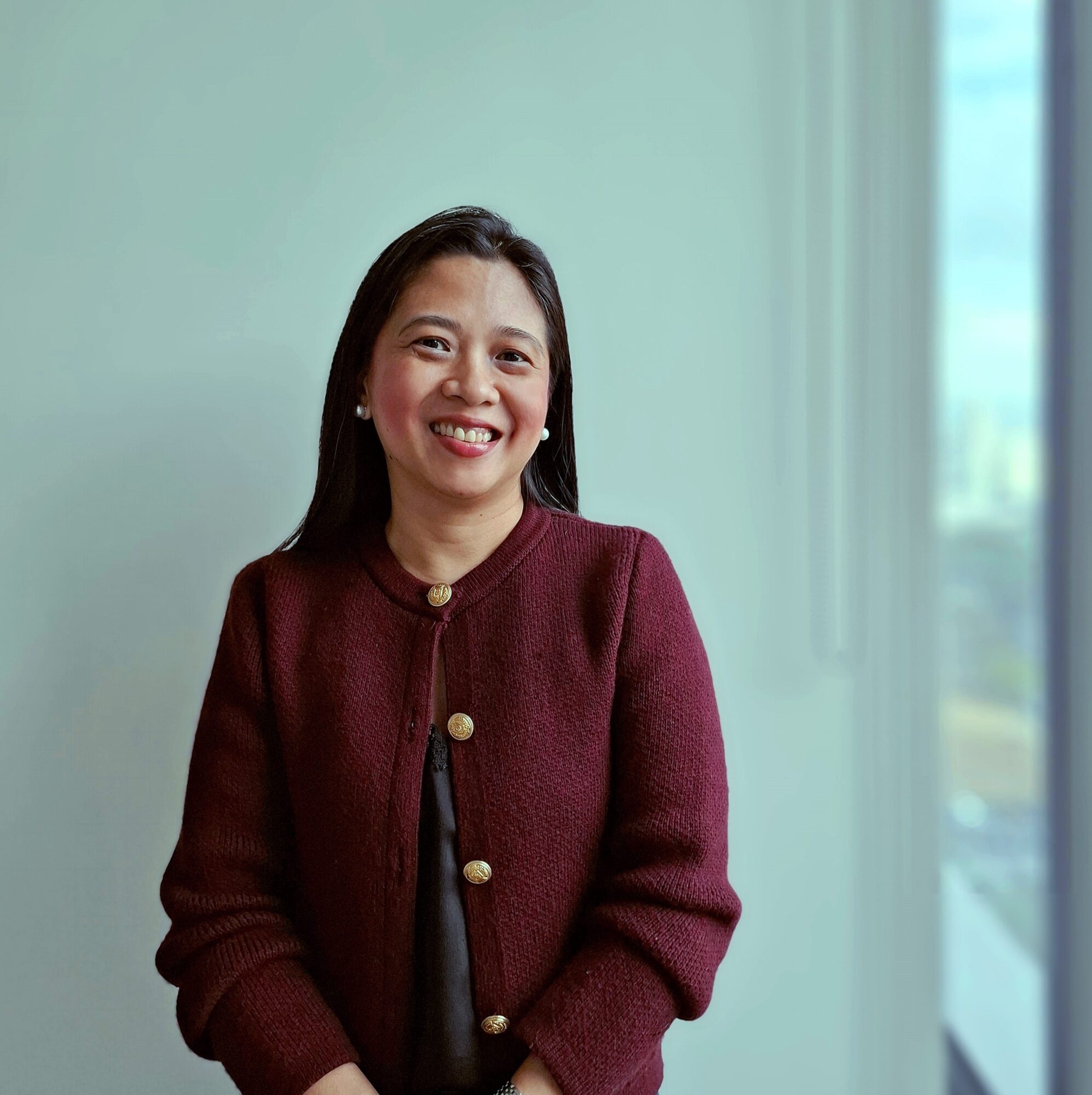
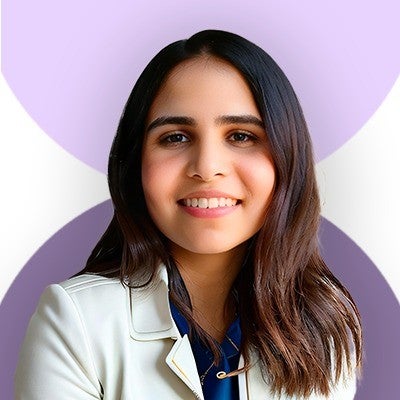
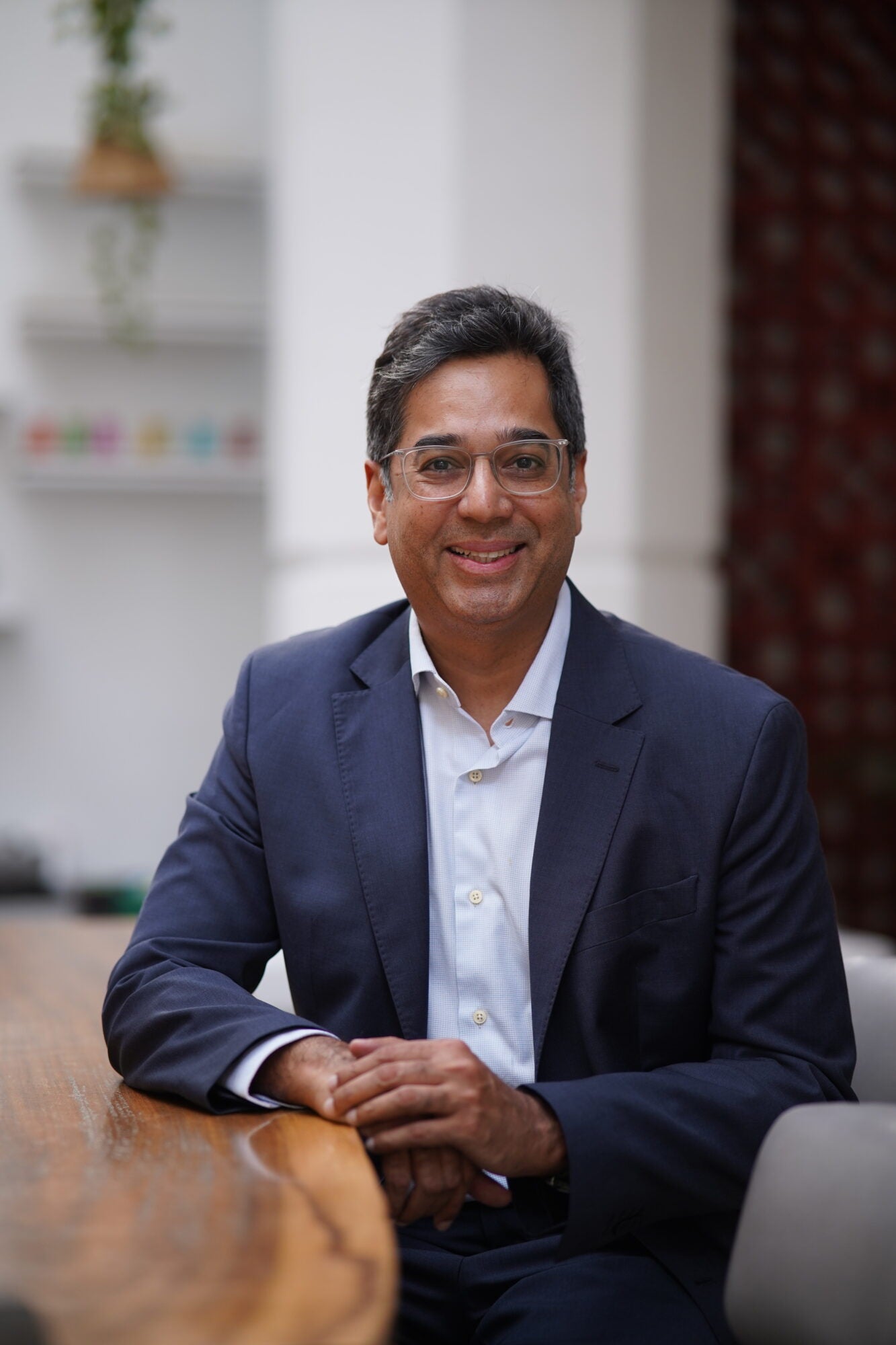
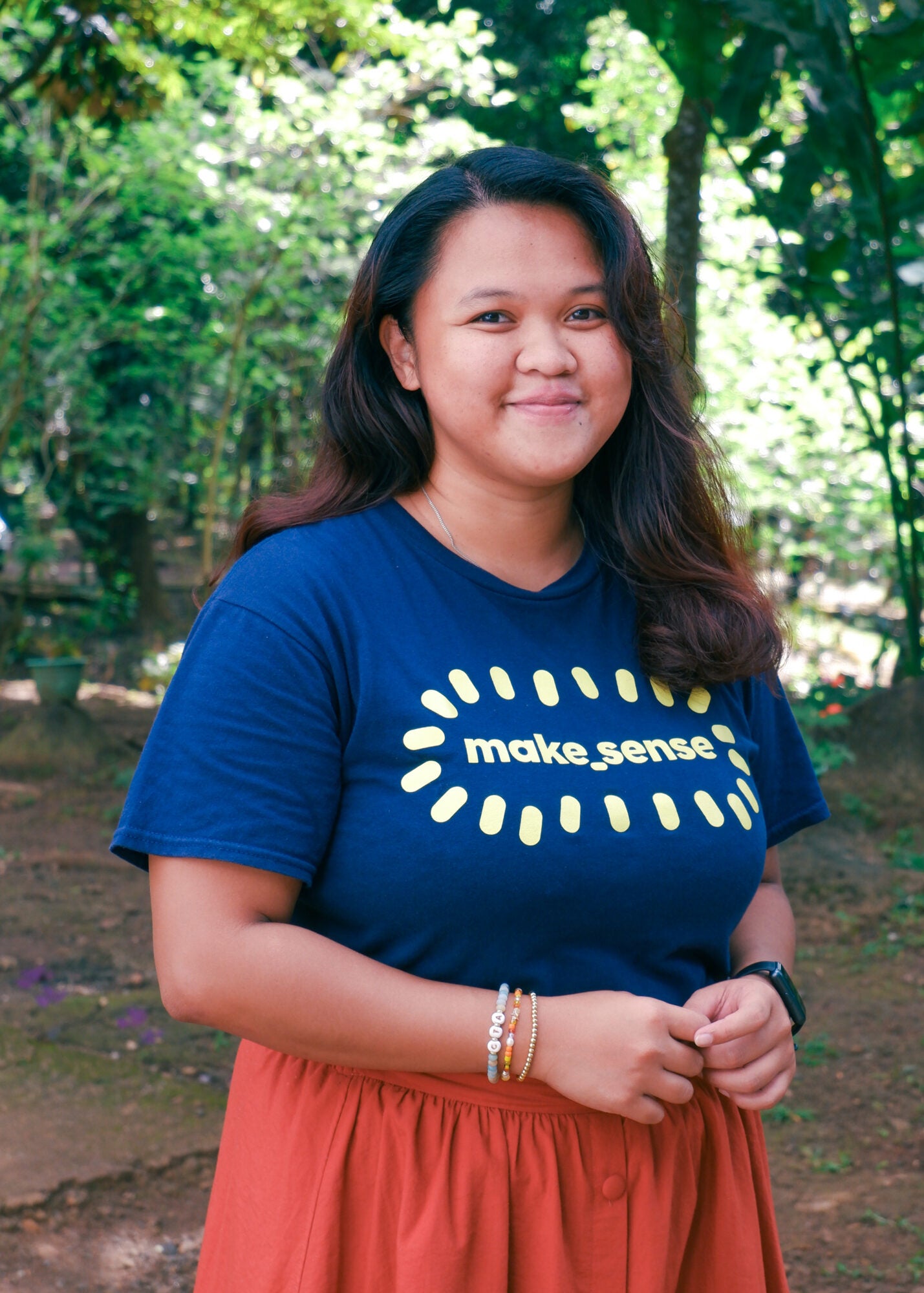
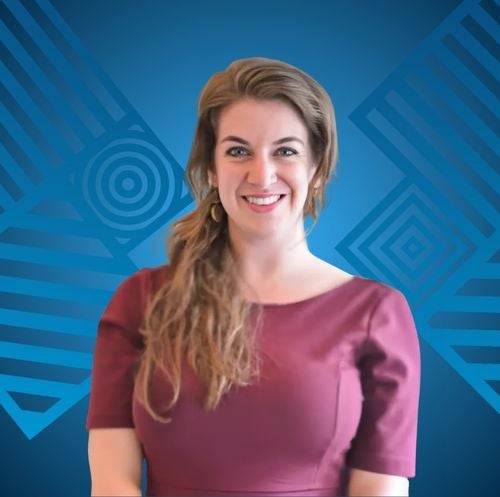
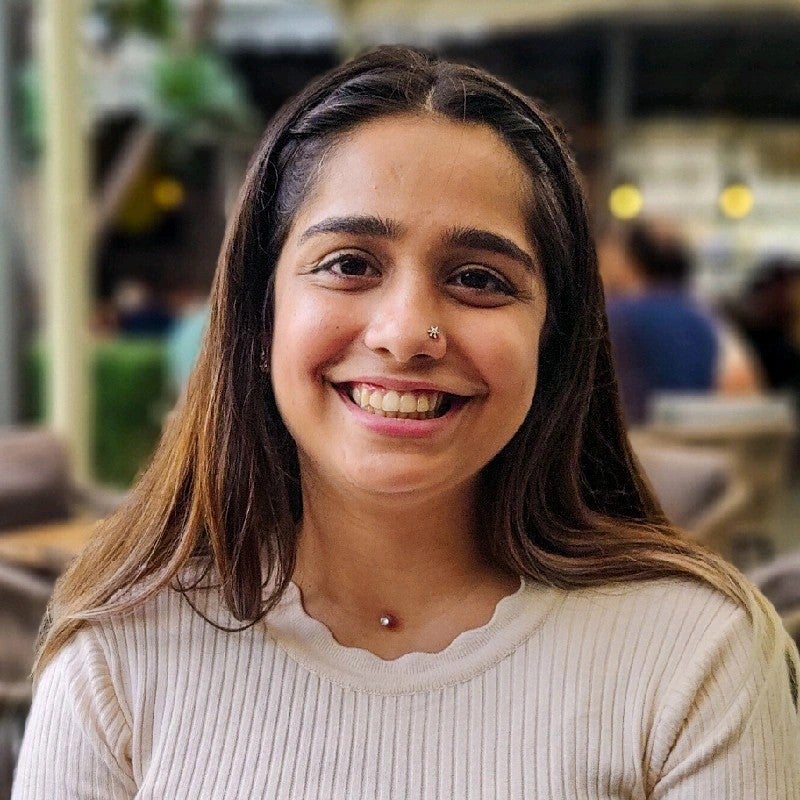
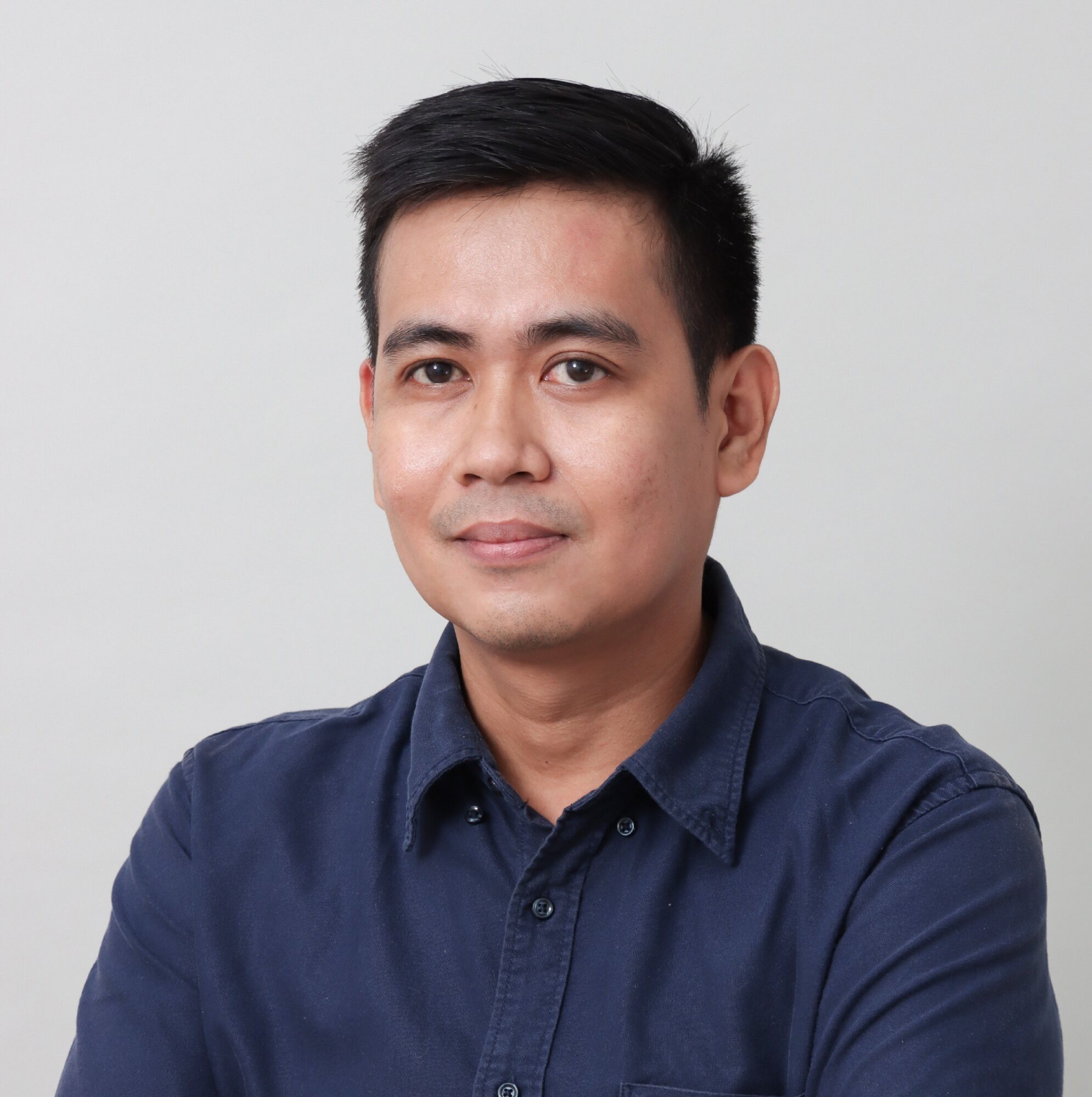

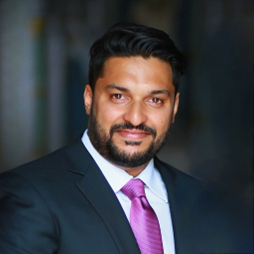
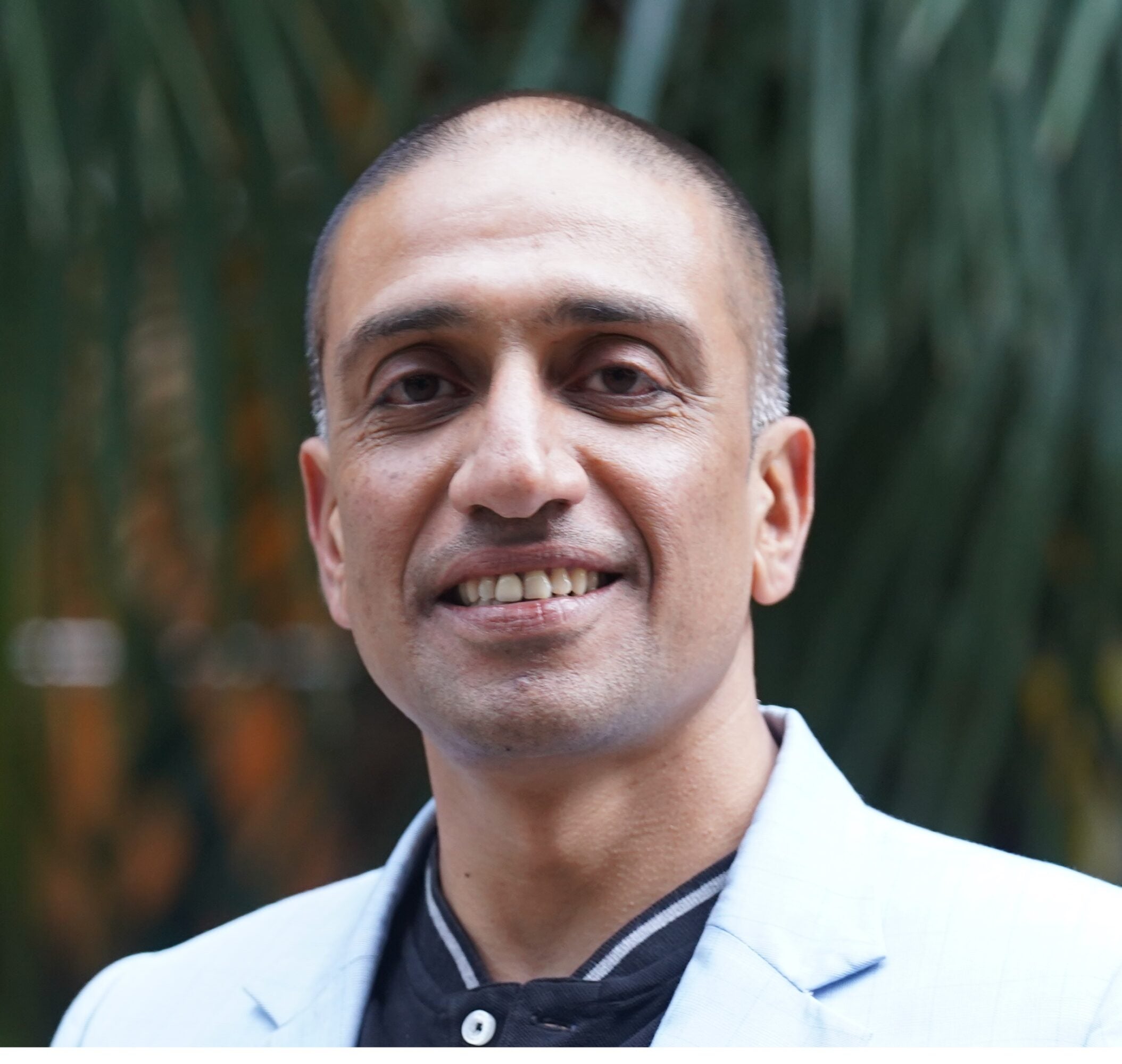
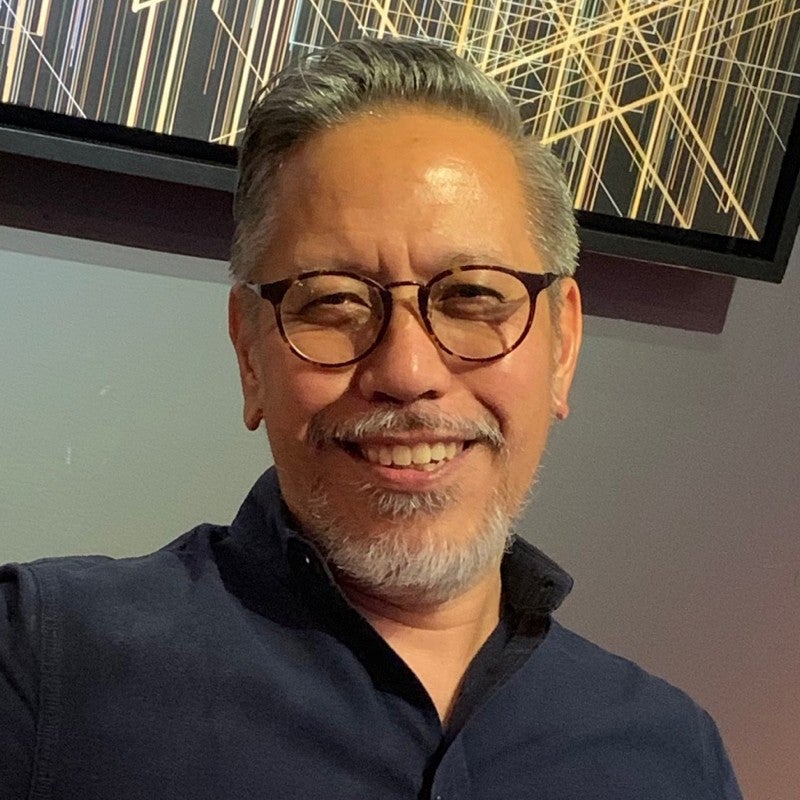
If you have any questions, reach out to Joy at joy.munthamraksa@aspeninstitute.org.

